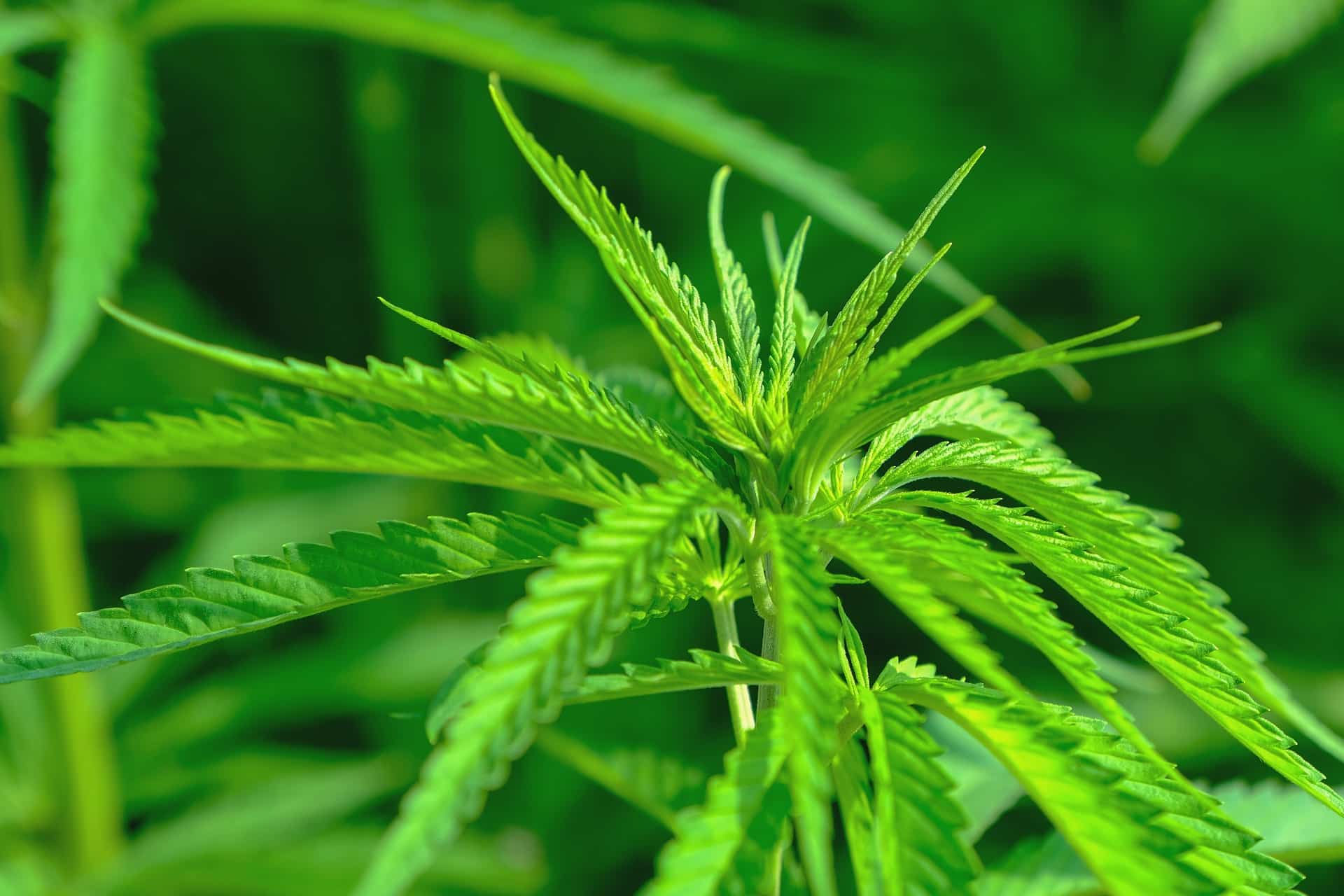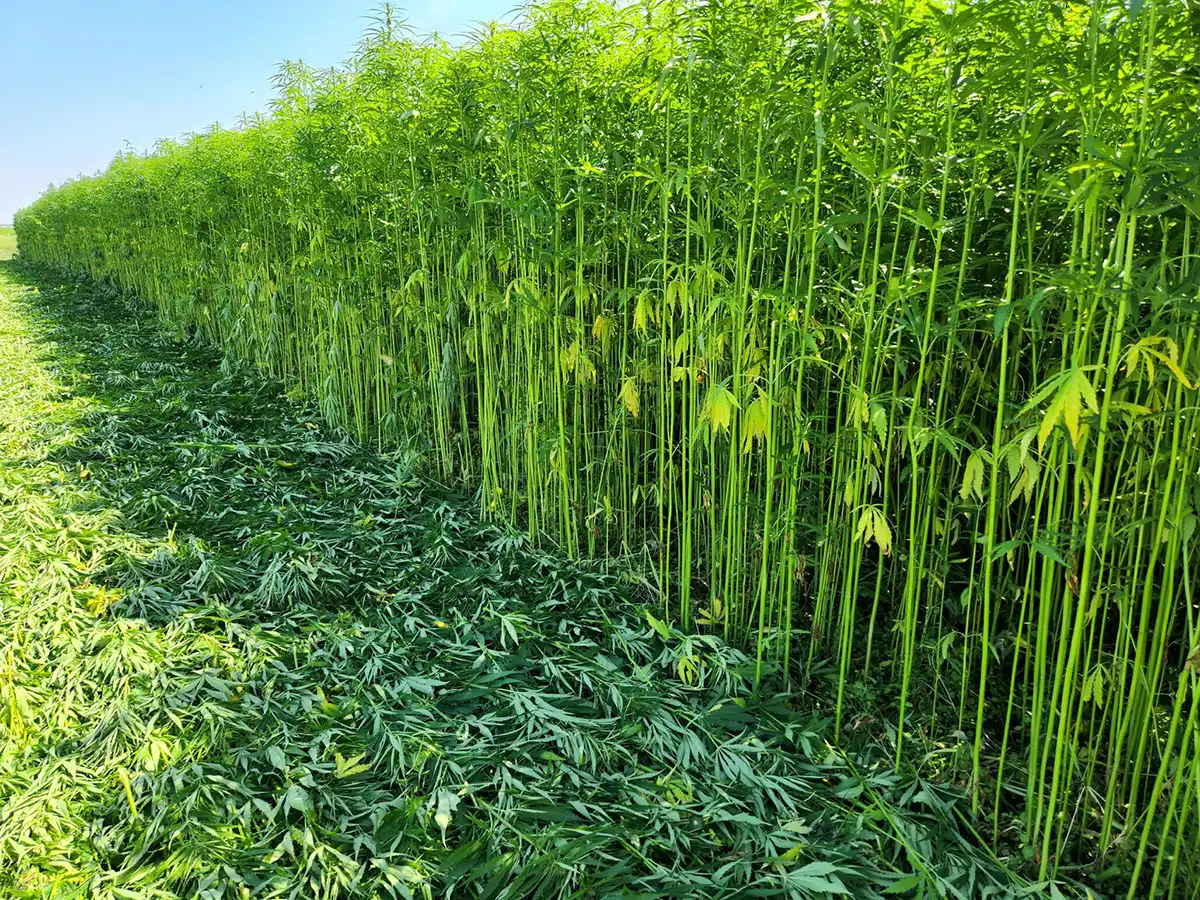Badger G boasts increased levels of therapeutic CBG while minimizing psychoactive THC, promising advances in medical treatments without regulatory hurdles.
The U.S. Department of Agriculture (USDA) recently approved the cultivation of bioengineered hemp, known as Badger G, which has been genetically modified to increase levels of medicinal ingredients while reducing psychoactive compounds. The Animal and Plant Health Inspection Service (APHIS) concluded that this enhanced hemp variety is unlikely to pose a greater plant pest risk compared to traditionally cultivated plants.
Developed by scientists at the Wisconsin Crop Innovation Center at the University of Wisconsin, Badger G is characterized by elevated levels of cannabigerol (CBG), a cannabinoid known for its therapeutic properties. Unlike the more commonly regulated cannabinoids, CBG has shown potential benefits in treating conditions such as glaucoma, inflammatory bowel disease, and Huntington’s disease.
CBG is a more costly compound to produce compared to other cannabinoids. The genetic modifications in Badger G also include the suppression of tetrahydrocannabinol (THC) and cannabidiol (CBD) production.
In addition to hemp, USDA-APHIS recently approved several other bioengineered crops, including:
- Two varieties of camelina with enhanced seed oil quality.
- Canola modified for herbicide resistance.
- Canola and brown mustard engineered for improved product quality and herbicide resistance.
- Soybean with altered product quality.
- Potato modified for increased resistance to fungal diseases.
An APHIS news release said APHIS found these modified plants unlikely to pose an increased plant pest risk compared to other cultivated plants. As a result, they are not subject to regulation under 7 CFR part 340. From a plant pest risk perspective, APHIS said these modified plants may be safely grown and bred in the United States.












